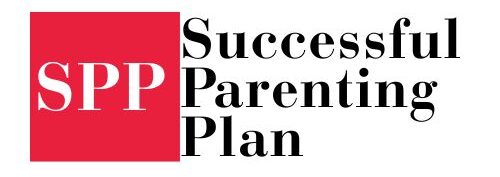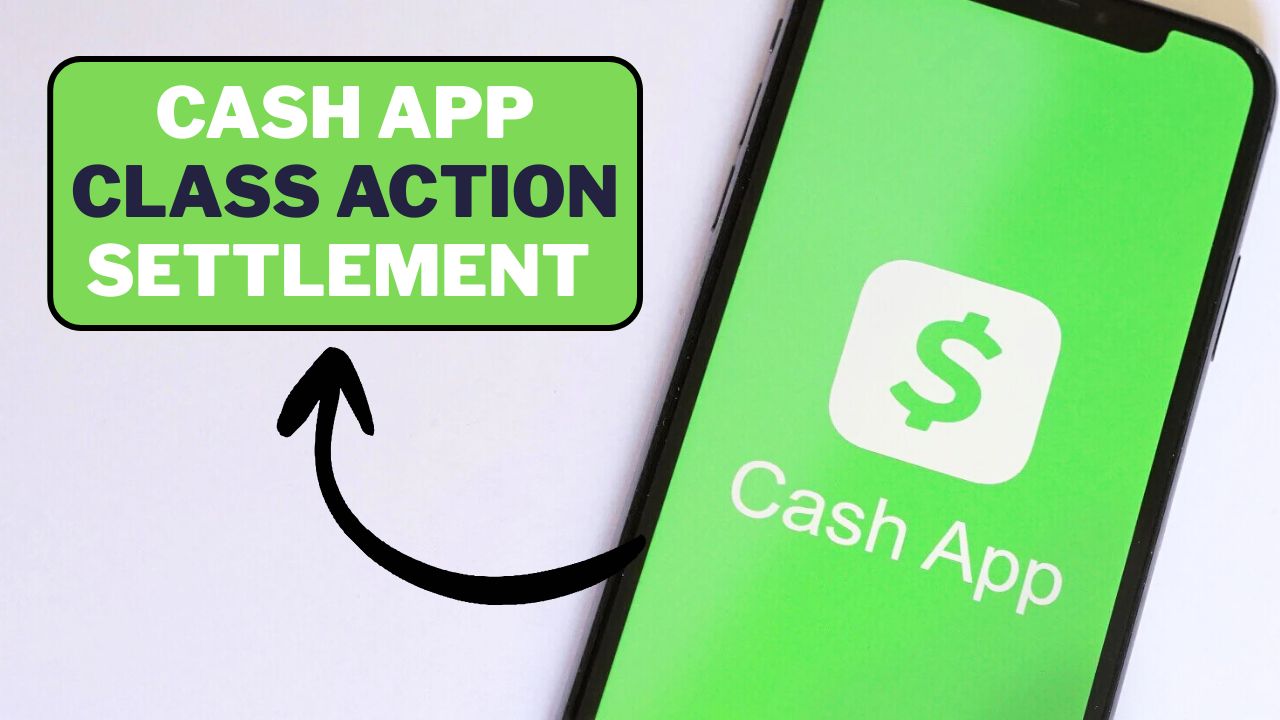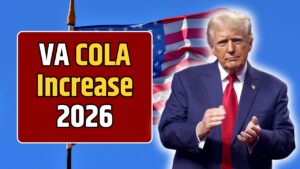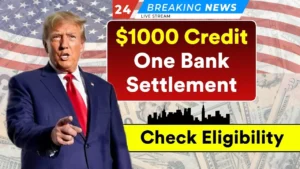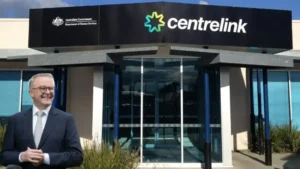Join on WhatsApp
Get the latest updates directly on WhatsApp – motivation, news & more!
Washington State Cash App users may be in for a payday this fall — and it’s not from Bitcoin or stock trades. It’s from a $12.5 million class action settlement that accuses Cash App’s parent company, Block Inc., of sending unsolicited promotional text messages to residents without consent. Eligible users could receive between $88 and $147 — but only if they file a claim by October 27, 2025.
The case, Bottoms v. Block Inc., shines a spotlight on digital marketing ethics and how state privacy laws are catching up with Silicon Valley’s biggest names.
What the Cash App Settlement Is About
At the heart of the case is Cash App’s referral program, a popular feature that rewarded users for inviting friends. But according to the lawsuit, the system went too far. The app allegedly sent automated promotional text messages to people who had never opted in or consented — a clear violation of Washington’s Commercial Electronic Mail Act (CEMA) and Consumer Protection Act (CPA).
While Block Inc. denies any wrongdoing, it agreed to settle to avoid a drawn-out trial. The U.S. District Court for the Western District of Washington approved the $12.5 million deal earlier this year, paving the way for refunds to Washington residents affected by the unauthorized texts between November 14, 2019, and August 7, 2025.
| Settlement Summary | Details |
|---|---|
| Case Name | Bottoms v. Block Inc. |
| Settlement Fund | $12.5 million |
| Eligible Claimants | Washington residents who received Cash App referral texts without consent |
| Text Period | Nov 14, 2019 – Aug 7, 2025 |
| Estimated Payout | $88 – $147 |
| Claim Deadline | October 27, 2025 |
| Official Website | BottomsTextSettlement.com |
How the Lawsuit Started
The lawsuit was filed after Washington residents reported receiving Cash App referral messages they didn’t authorize — short, catchy texts encouraging them to sign up for the platform.
Plaintiffs argued these communications violated CEMA, which prohibits unsolicited commercial electronic messages, and the CPA, which safeguards consumers against deceptive or unfair business practices.
Cash App’s referral feature allegedly allowed users to trigger pre-written invitations to contacts, but those texts appeared to come directly from Cash App itself — not the user. That distinction, plaintiffs claimed, made them unsolicited corporate advertising, not peer-to-peer referrals.
The case gained traction as part of a broader wave of privacy-related suits targeting tech companies for automated marketing without consent — a trend that’s redefining how businesses handle user outreach.
Who Qualifies for a Payment
Only Washington residents qualify, and you must meet these criteria:
| Eligibility Requirement | Description |
|---|---|
| Residency | Must currently live in Washington State |
| Message Period | Received a Cash App referral text between Nov 14, 2019, and Aug 7, 2025 |
| Consent Status | Did not provide prior consent to receive promotional texts |
| Claim Deadline | Must submit claim by October 27, 2025 |
If you’re unsure whether you’re eligible, you can verify your phone number through the official settlement website: BottomsTextSettlement.com.
How to File a Claim
You have two options: online submission or mail-in form. The online method is faster and strongly recommended.
Online Submission
- Go to BottomsTextSettlement.com.
- Click “Submit Claim.”
- Enter your name, phone number, and mailing address.
- Certify that you did not consent to Cash App marketing texts.
- Submit the form no later than October 27, 2025.
Mail Submission
If you prefer to mail your claim:
Send your completed form to:
Bottoms v. Block Settlement Administrator
P.O. Box 2631
Baton Rouge, LA 70821
For questions, you can email [email protected] or call 877-540-7545.
How Much You Could Get
Each eligible claimant will receive between $88 and $147, depending on the total number of valid claims filed. The fewer people who file, the larger the per-person payment.
| Settlement Component | Details |
|---|---|
| Total Fund | $12.5 million |
| Estimated Payment Range | $88 – $147 |
| Distribution Method | Direct deposit or check |
| Payment Date | After claim approval and court’s final review |
Payments are expected to be sent shortly after the claim deadline, once all submissions are validated by the Settlement Administrator.
The Legal Teams Behind the Case
Two major consumer law firms represented the plaintiffs:
| Legal Role | Representation |
|---|---|
| Plaintiffs’ Counsel | Terrell Marshall Law Group PLLC (Beth E. Terrell, Jennifer Rust Murray, Eden B. Nordby) and Berger Montague PC (Sophia M. Rios, E. Michelle Drake, Colleen Fewer) |
| Defense Counsel | Perkins Coie LLP (Cody W. S. Harris, Tana B. Glass, Manoj S. Samal Jr.) |
| Settlement Administrator | Bottoms v. Block Settlement Administrator |
The firms negotiated the payout and compliance terms under court supervision, ensuring a fair and transparent claims process.
Why This Settlement Matters
Beyond the refunds, this case signals a turning point in digital privacy enforcement. Washington’s consumer protection laws are among the toughest in the country, and this settlement underscores that consent in marketing is not optional.
For tech companies, it’s a wake-up call: automated messages — even through referral systems — can violate state and federal privacy laws if sent without explicit permission.
For consumers, it’s proof that privacy rights have real value. Every unsolicited ping or promotional text could cost companies millions in legal exposure.
What Washington Residents Should Do Now
If you live in Washington and received a Cash App text that seemed unsolicited:
- Go to BottomsTextSettlement.com.
- Use the eligibility verification tool to check your phone number.
- File your claim by October 27, 2025.
- Choose your preferred payment method — direct deposit or check.
Missing the deadline means forfeiting your share of the settlement, so act early.
Broader Context: The Rise of Digital Consent Laws
Washington’s CEMA and CPA are part of a growing web of state-level privacy protections, similar to California’s Consumer Privacy Act (CCPA) and new frameworks in Colorado, Virginia, and Utah. Together, these laws are tightening the leash on how apps, retailers, and fintech firms handle customer communication.
The FTC has also ramped up scrutiny, warning tech companies that “refer-a-friend” features must adhere to truth-in-advertising and consent standards.
Cash App’s settlement is likely just the start — legal experts expect more cases challenging unwanted texts, push notifications, and in-app marketing campaigns across multiple platforms.
FAQs
Who qualifies for the Cash App settlement?
Washington residents who received a Cash App referral text between Nov. 14, 2019, and Aug. 7, 2025, without giving prior consent.
How much will I get?
Between $88 and $147, depending on how many valid claims are approved.
How do I file a claim?
Online at BottomsTextSettlement.com or by mail to the settlement administrator before Oct. 27, 2025.
When will payments be issued?
After the claims are verified and the court gives final approval — likely late 2025 or early 2026.
What if I miss the deadline?
You’ll lose your right to receive payment under the settlement.
